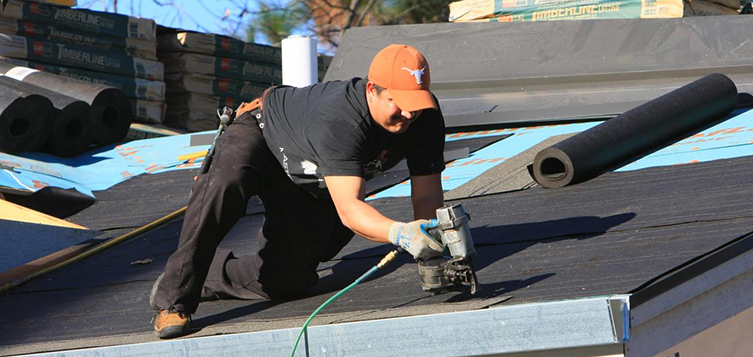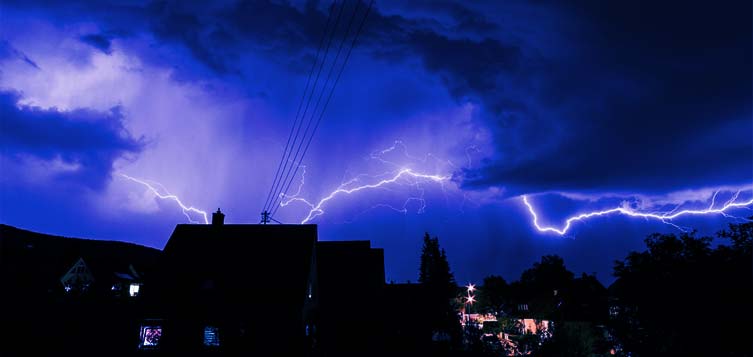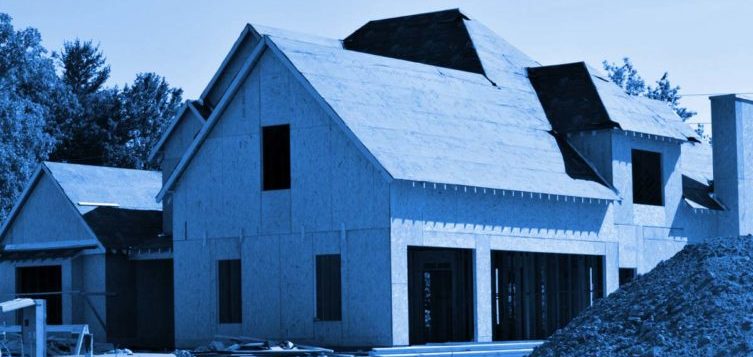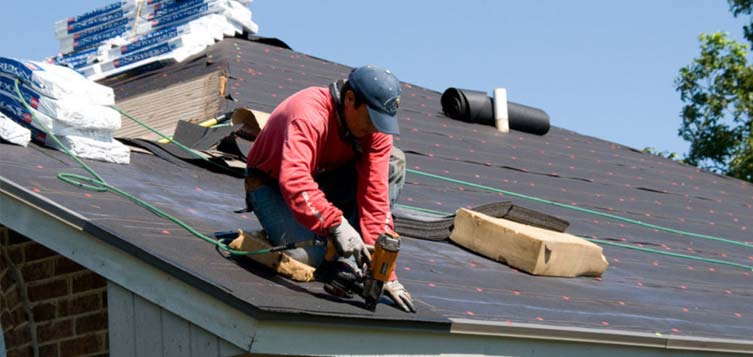Key Tips on Avoiding Roofing Scams
Roofing scams are one of the most popular scams because the scammers catch you off guard and when you are the most vulnerable. After all of your roof has just been destroyed by hail damage and you’re confused about what to do next.
This is when the vultures are at your door they’re making promises and telling lies. That’s when you need to be on your toes and just tell them to go away and that you might get in touch with them later.
If you have skylights broken out or any other leaks caused by the storm you need to call a trusted legitimate roofer who performs emergency repairs to come out and secure your home. This will give you the time you need to think about your next move.
After the North Texas Hail Storms of 2011-2012 rampaged across the state, many homes were damaged and roofs were destroyed. This created an influx out of state roofers and scammers advertising in the state to make repairs and replace roofs. While many of the locals were legitimate home improvement companies and roofing companies several were scammers of one form or another.
The awareness campaign known as “Who’s on Your Roof?” is dedicated to preventing roofing scams from occurring by informing people of possible scams. Here are some of the most common and sneaky ways that roofers can scam you.
Deductibles
This is the favorite in the world of scamming because homeowners don’t realize it’s a scam and they go along with it so easily. This scam is used by scammers, out of state roofers, so-called roofers and even some legitimate local roofing companies and that’s why you need to know who you can trust.
The scam goes just like this: the scammer/sells rep will start off by telling you that you don’t have to pay your insurance deductible. If you read your insurance policy it clearly states that you are responsible for paying a portion of your claim it’s called your “DEDUCTIBLE”.
The scammer will tell you they have a way around it by saying:
- They will pay you X amount for placing a sign in your yard and call it an advertising fee
- They just won’t collect the final payment at the end of the job
- They will let you keep the depreciation when the insurance company sends it.
The scammer is right about one thing they do have a way around it, for them not you. You the homeowner is made out to be the patsy/fall guy or whatever term you prefer to use for the person who is going to take the rap, pay the fines and/or do the time.
What makes this so illegal is the scammer has promised all of the profit and more out of the job so they have to make it up by using inferior materials and/or stolen materials, they don’t do all of the work that is laid out in your adjuster report and bill for it, and/or over bill your insurance company.
Now they have short changed you by not giving you a quality roof possibly by using “Seconds” or “Defective” shingles (these do not come with a manufacture warranty) then they build a fraudulent invoice for you to submit to your insurance company.
Once you submit the invoice you are guilty of fraud and depending on the amount of money you helped the scammer steal from your insurance company will determine if it’s a misdemeanor or a State Jail Felony punishable by up to 2 years plus fines. Yes, and only you will do the time and face the legal repercussions because you are the one who submitted the fraudulent document.
It’s this simple, your insurance company is allowing a certain amount for you to get your home repaired. They are saying the fair market value of the total cost of the repairs is the amount of money they are going to pay plus the amount of your deductible (this is your out of pocket expense).
They will normally release some money to get things started and send you the rest of the money after the work has been completed in full according to the adjuster report. If you get a discount on this work (such as the amount of your deductible) this discount must be shown on your final invoice if not, it is a “Fraudulent Invoice”.
If the roofer didn’t complete all of the work as laid out in the adjuster report and includes all of it on the final invoice, this is a “Fraudulent Invoice. If any of this took place and you didn’t notify your insurance company you are guilty of submitting a “Fraudulent Invoice”.
The best thing for you to do is face the fact that you must pay your deductible (if you believe it’s to high then call your insurance agent to see what you can do about getting it lowered) and call a legitimate reputable home improvement company that will take care of you and your storm damaged home.
Contingency Contracts
There are many people who think that a contingent contract is a scam but the truth is that it’s a very useful tool of the trade. When properly used it can protect the homeowner from paying too much and helps the home improvement specialist serve the homeowner better. Herein lays the scam. The scammers are the same ones who will pull the “Deductible Scam” these scams go together.
The scammer will start with the deductible lie to get you to sign a contingent. Once everything is settled with your insurance adjuster your roof project will begin and so will the “FRAUD”.
The difference between a scammer’s contingent contract and a contingent contract from a reputable legitimate home improvement company is the fine print.
A legitimate contingent contract will be based on insurance approval and will become null and void if the insurance company does not approve the work.
The scammer’s contingent will say basically the same thing and will generally have some fine print saying you owe them X amount for representing you or you agree to replace your roof at your own expense for an undetermined amount until they fill in the blank.
Paying Upfront
If a contractor is asking for full payment upfront, this may be indicative of a scam. This is possibly the easiest way that roofing scammers make money, and it is especially common with the elderly homeowners.
They make a quick assessment of the damage, give an estimate (generally an unbelievably low estimate) and ask for the money before any work is done. If the homeowner agrees, they leave and they never return to do the work.
A reputable legitimate home improvement company will NEVER ask for full payment upfront. However there are times when it’s industry standard for the homeowner to make a 50%-70% deposit depending on the project, price and/or special order of the materials.
It’s less risky when a roofer ask for partial payment upfront as it may be for supplies, but there is also a risk of scamming there. If you’re not dealing with a local legitimate home improvement company, you need to be sure to get as much information about the worker as possible.
Confirm their phone number, address, email and business name. In the event that they do take your money and leave, at least you will have the information needed to track them down and take legal action.
Lead Generation Companies
A lesser known type of scam recently reported to the NTRCA is when lead generation companies call areas that have recently been hit with bad storms and offer their services for roof repair or roof replacement.
One key way of identifying these companies is that they will be very careful to avoid stating the name of the company that they represent. This is because they are not part of a roofing company.
They hook in people who are interested in roof repairs or replacement and take their information. They then pass on the lead of a potential customer to a roofing company that buys the information from the lead generation company.
This may not sound entirely bad, but lead generation companies generally don’t care who is buying their information. Illegitimate businesses and scammers can easily use these services to get good leads on potential targets. If you get a call from someone who is offering roofing services, ask for their company name and information. If they hesitate or can’t provide any information, deny the offer and hang up.
Roofers as Insurance Adjusters
Plain and simple, it’s illegal for anyone without a public insurance adjuster’s license to act as an insurance adjuster. However there are some roofers who will act as an adjuster to milk more money from the insurance companies and homeowners. If any roofer offers you insurance adjuster services just say “No” and tell them to leave.
There are some home improvement companies who have a licensed insurance adjuster on staff to help you with your claim. There are also highly experienced roofers, who work with these home improvement companies, who will meet with your insurance adjuster and help them find all of the storm damage on your property, this is not illegal.
Avoid Storm Chasers
Storm chasers are roofing companies, independent contractors or people who aren’t even roofers at all who specifically follow storm ravaged areas in order to scam victims out of their money by offering their nonexistent services and running off with the money.
Avoid signing on with any roofer that isn’t local. Ask for associations with reputable and professional roofing organizations, references and licenses before entering into any deal with a roofer.
Looking to get a project going?
Whether you need exterior work, roof maintenance and repair or a whole house makeover, we know home improvement inside and out! Contact us for a no obligation quote today.




